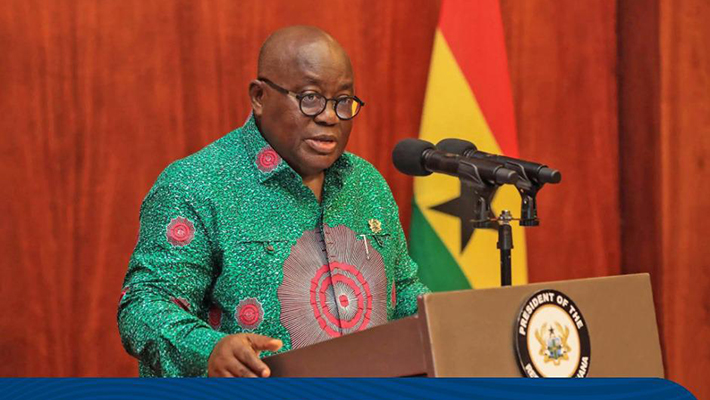
To help mitigate the effects of high inflation, the Ghanaian government has initiated a 15 per cent cost of living allowance for government employees in the country.
Tagged base pay cost of living allowance (COLA), the development will have public workers earn an extra 15 per cent of their basic salary, excluding benefits and bonuses.
In a tweet on Friday, the country’s information minister, Kojo Oppong Nkrumah, stated that the decision was reached after consultations with the country’s organised labour and other stakeholders.
“Government and organised labour have concluded negotiations for Cost of Living Allowance. A 15 per cent allowance has been agreed effective July 1. Government is keen on mitigating the impact of global challenges on the people of Ghana,” Mr Nkrumah announced.
President Nana Akufo-Addo had previously directed the country’s finance minister, Ken Ofori-Atta, to begin formal discussions with the IMF to secure funding to address the nation’s economic problems.
Mr Akufo-Addo explained that collaborating with the IMF will provide a balance of payment support as part of a broader effort to accelerate Ghana’s recovery from the Covid-19 pandemic and, more recently, the Russia-Ukraine crisis.
The development came barely a month after Ghanaians protested against rising energy prices and the newly imposed e-levy, which requires citizens to pay a 1.5 per cent tax on every electronic transaction they conduct.
In March, the country’s government put in place a new electronic transaction tax which it said would help raise $900 million in revenue.
The E-levy bill saw the introduction of a 1.5 per cent tax on electronic money transfers and transactions.
Mr Akufo-Addo said it would help address problems from unemployment to Ghana’s public debt.
In May, Ghana’s inflation rate reached its highest level in more than 18 years, as food and transportation costs skyrocketed.
The country’s annual inflation increased from 23.6 per cent in April to 27.6 per cent, the fastest rate since January 2004.







